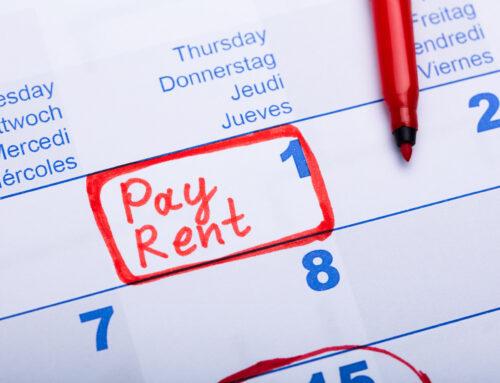One of the strongest tools for minimizing a real estate investor’s tax liability is the 1031 exchange. The 1031 exchange gets its name from Section 1031 of the U.S. Internal Revenue Code, which allows investors to avoid paying capital gains taxes when they sell a property and reinvest the proceeds into a new property or properties of like kind and equal or greater value. But how do 1031 exchanges actually work? Let’s take a look.
The overwhelming majority of 1031 exchanges are delayed, three-party exchanges. Delayed exchanges require a qualified intermediary, which is a person or business who holds the cash after you sell your property and uses those funds to buy the replacement property for you.
In order to reap the rewards of a 1031 exchange, the transaction must be completed in a certain timeline:
45-Day Rule
After you’ve sold your property, your intermediary will receive the proceeds from the sale. The seller cannot personally receive the funds, or it will invalidate the 1031 exchange. The seller has 45 days from the day of the sale to designate the replacement property in writing to the intermediary, specifying the property you want to acquire. The good news is that if you’re still uncertain which property you’re purchasing next, you can buy yourself a little time by designating up to three different properties. You are only required to close on one of them.
180-Day Rule
You must close on the new property within 180 days of the sale of the previous property. It’s important to note that the 180-day period starts as soon as the first sale closes. The 45-day and the 180-day periods run concurrently. If there is any money left after the purchase of the new property, the intermediary will pay it to you at the end of the 180 days. That additional income, referred to as “boot,” will be taxed as a capital gain.
Qualified Intermediaries
As we mentioned above, a qualified intermediary sells your investment property on your behalf, buys the replacement asset, and then transfers the deed to you. The intermediary is responsible for holding the money from the sale, preparing any related legal documents, and ensuring that the transaction is completed within IRS guidelines. The exchange agreement must expressly limit the investor’s rights to receive, pledge, borrow, or otherwise obtain benefits of money or other property held by the qualified intermediary.
So who exactly are these qualified intermediaries? First, we’ll specify who the qualified intermediaries are not. You cannot act as your own intermediary, nor can you enlist a parent, sibling, or one of your children to act as your QI. In addition to family members, the IRS section 1031 bars anyone who has acted as your “agent” in the past two years from acting as your QI. The term “agent” is applied broadly, and can include your attorney, your CPA, your real estate agent, or any employees.
Apart from the above restrictions, there aren’t any licensing or educational requirements necessary to be a qualified intermediary. But since 1031 exchanges are complex transactions involving a lot of money, it’s best to seek out someone who is experienced and knowledgeable. While your CPA, attorney, or real estate agent aren’t legally able to act as your qualified intermediary, they may be able to recommend a person or company that will act as your intermediary. There are many companies that exclusively handle 1031 exchanges, and now some major banks such as Wells Fargo offer qualified intermediary services.
The cost of a 1031 exchange
The fees for 1031 exchange services vary based on the property type and value, but the cost for a straightforward delayed exchange usually ranges from about $600 to $1,000. If more than one property is involved, you might pay an extra $350 per additional property. Given the amount you’ll save in a 1031 exchange, the cost of hiring a qualified intermediary will pay for itself many times over.
Note: MC Companies does not offer 1031 exchange or qualified intermediary services.





